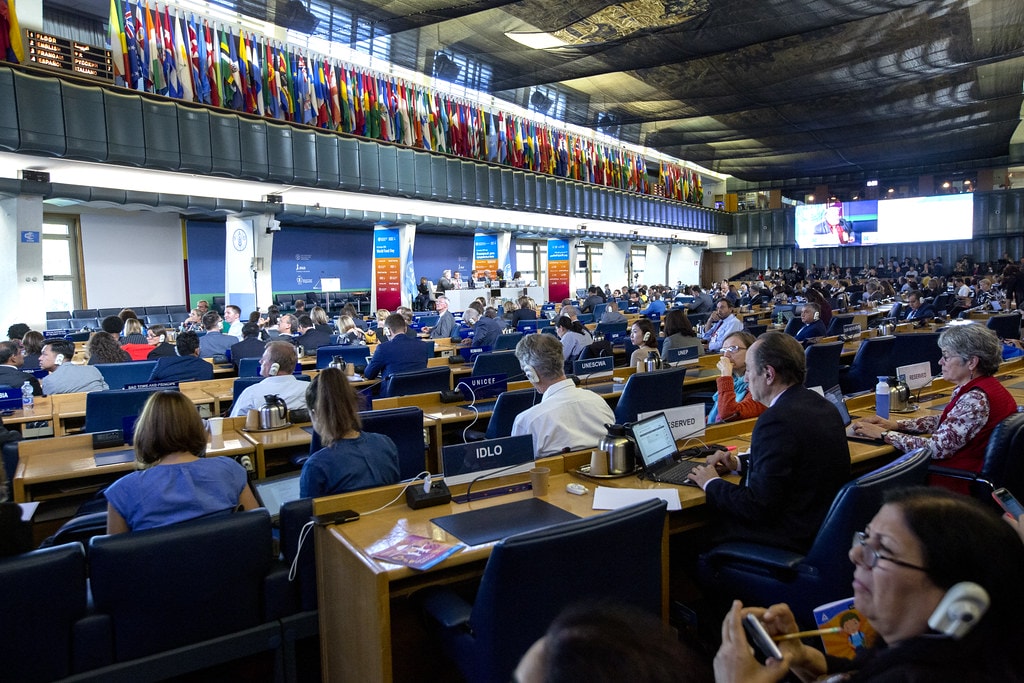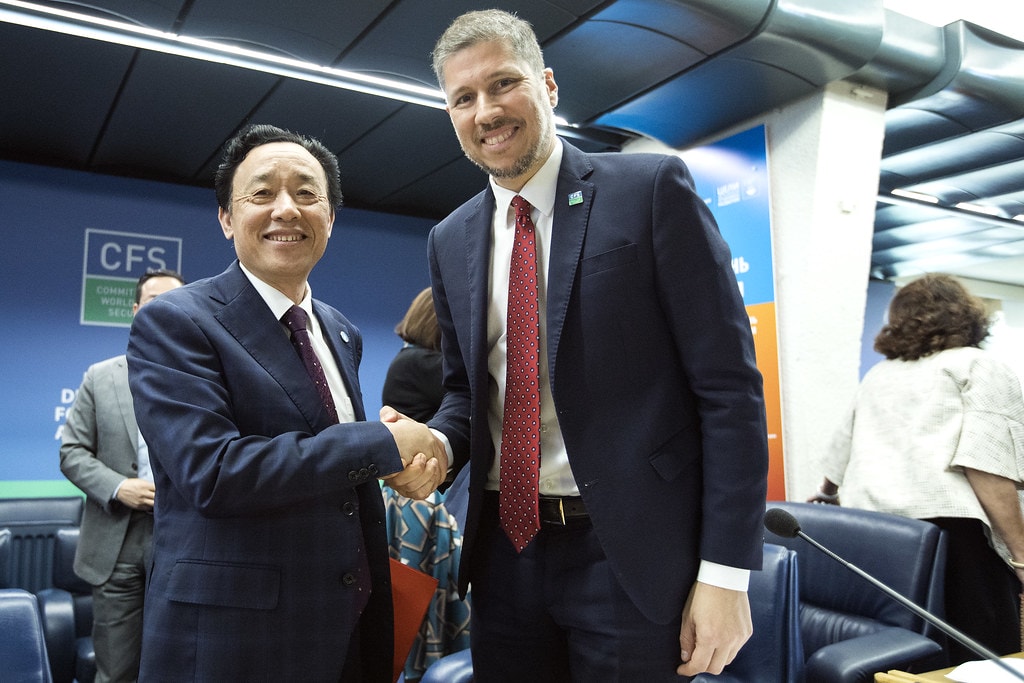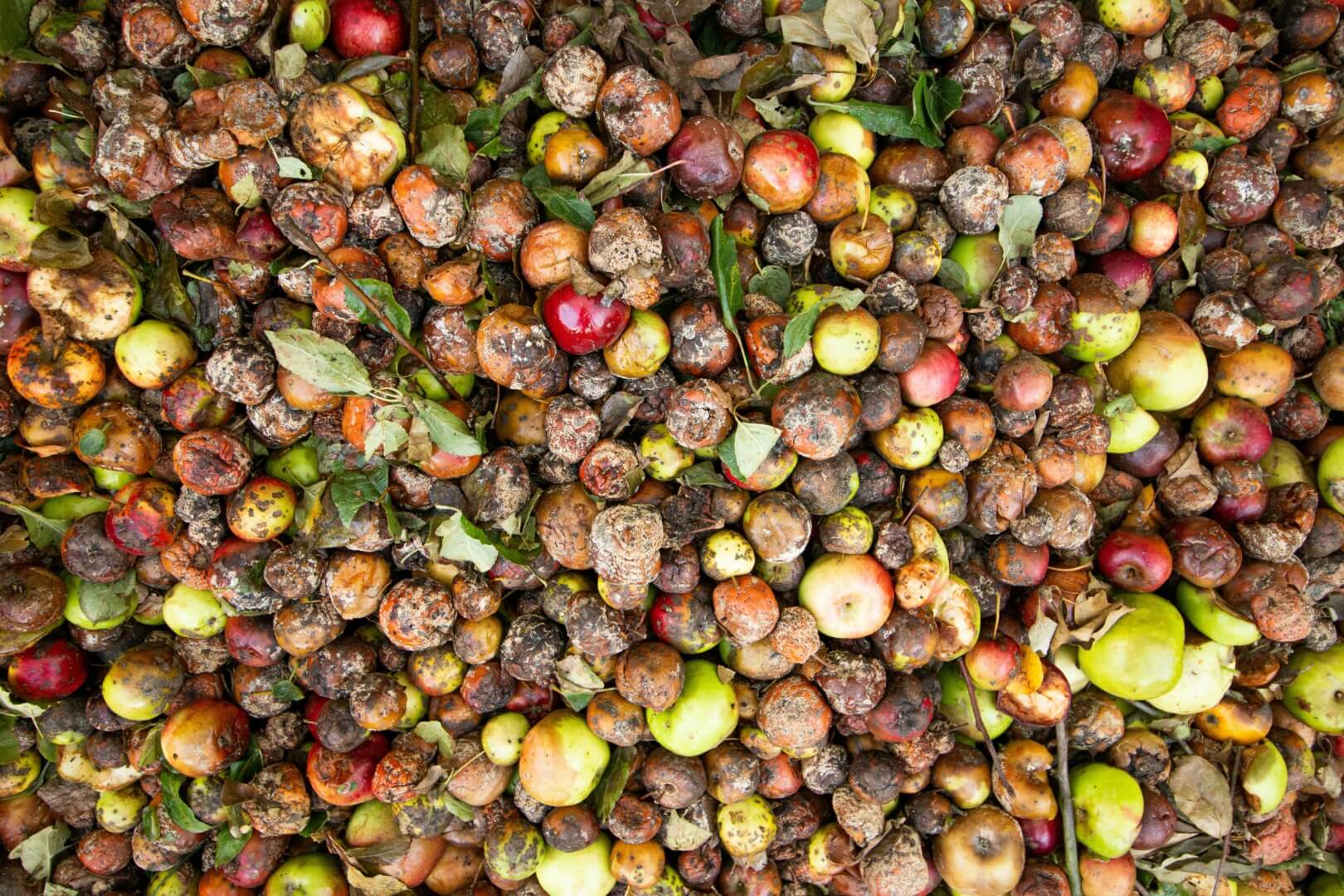Multistakeholder partnerships (MSPs) have recently gained prominence as part of a new approach to food security and nutrition governance. Several MSPs were invited by the Committee on World Food Security (CFS) in October 2019 to share their experience on how MSPs, as implementation mechanisms, contributed to food security and nutrition and the challenges encountered.
On Focus
Multistakeholder partnerships (MSPs) are increasingly being considered to implement programmes, projects and other initiatives aiming at improving food security and nutrition (FSN). This is in line with the 2030 Agenda for Sustainable Development, where States and other stakeholders are invited to “encourage and promote effective public, public-private and civil society partnerships” that “mobilize and share knowledge, expertise, technology and financial resources, to support the achievement of the Sustainable Development Goas in all countries, in particular developing countries”.
The objective here is to report on the results of the session organized by the Committee on World Food Security (CFS) on 15 October 2019, at FAO Headquarters in Rome, where four MSPs were invited to share their experiences on benefits of MSPs for FSN and the challenges encountered. The session was part of the 46th annual plenary week of the Committee. The CFS is the United Nations political platform dealing with food security and nutrition. It focuses on coordination at global level and policy convergence to achieve food security and nutrition.
The session drew on the High-Level Panel of Experts on Food Security and Nutrition (HLPE) Report on “Multistakeholder Partnerships to Finance and Improve Food Security and Nutrition in the Framework of the 2030 Agenda”. The HLPE is the science-policy interface of the CFS and its reports provide a common, evidence-based starting point for the multistakeholder process of policy convergence in the CFS.
MSPs are defined in the HLPE Report as: “any collaborative arrangement between stakeholders from two or more different spheres of society (public sector, private sector and/or civil society), pooling their resources together, sharing risks and responsibilities in order to solve a common issue, to handle a conflict, to elaborate a shared vision, to realize a common objective, to manage a common resource and/or to ensure the protection, production of delivery of an outcome of collective and/or public interest”.

Learning from MSPs’ concrete experiences
Four MSPs were selected from those volunteered by CFS Stakeholders to share their experiences at the CFS session, considering the diversity of experiences at different levels (global, regional and national), inclusiveness, and regional representation:
- The Partnership for Maternal, Newborn and Child Health (PMNCH), which supports the implementation of the Global Strategy for Women’s, Children’s and Adolescents’ Health;
- The Platform for African-European Partnership in Agricultural Research for Development (PAEPARD), which facilitates the development of MSPs in countries in the field of agricultural research for development;
- The Food and Nutrition Security Programme for Bangladesh (FNSPB), which supports Government’s efforts to reduce food insecurity and all forms of malnutrition in Bangladesh;
- Fabretto Foundation in Nicaragua, which offers a holistic approach to community development and sustainable investment in agriculture.
More details on these MSPs are provided in Document CFS 2019/46/Inf.15.
The experiences shared during the session confirm that MSPs offer great opportunities. First, and most often mentioned, MSPs are effective mechanisms for improving policy coordination and coherence on FSN across various groups of actors and sectors. The FNSPB, for instance, emphasized the paramount importance of the partnership in strengthening the horizontal (many government institutions in different sectors such as agriculture, health, social services, emergency, … ; private sector; civil society organizations, UN actors; funding partners; research institutions; … ) and vertical coordination between sub-national and national levels.
Second, pooling resources has enabled scaling up, reaching more people and increasing the impact of interventions. Fabretto Foundation indicated that the financial implication of the Inter-American Development Bank, private foundations and the private sector has made it possible to invest in youth people and smallholder farmers, giving them access to finance and training them in applying climate-smart agricultural practices.
Third, MSPs have benefitted from a broad range of perspectives (including the perspective of the food insecure and malnourished), leading to the definition and implementation of more realistic, achievable and better targeted action. The involvement of different actors in PAEPARD – specifically researchers and non-researchers with different but complementary strengths, qualities and resources – also brought synergies and efficiency gains.
MSPs also pose enormous challenges. To start with, each group of actors typically has its own values and views of what needs to be done to improve FSN and how to do so. These divergences need to be addressed and agreement must be reached on a common vision and objectives, definition of roles and responsibilities and a common strategy. This requires time and specific skills. Transparency and accountability are crucial to success. Independent monitoring and review are essential to accountability. An example of activity to ensure accountability is provided by PMNCH that hosts the Independent Accountability Panel. The Panel provides an independent review of the implementation of the Global Strategy with the participation of monitoring and accountability experts.
Another challenge consists in addressing power asymmetries between actors, to ensure that all groups of actors (including representatives of the groups most affected by food insecurity and malnutrition), have – or acquire if needed – the ability to participate in planning and decision-making. PAEPARD reported successful efforts to manage power differences by developing soft skills in project management, leadership and conflict resolution. Others mentioned activities to develop capacities in areas such as monitoring and financial accounting.
Finally, establishing a multistakeholder partnership and agreeing on its operation takes time and and consumes a lot of resources. Transaction costs are high. FNSPB reported more than two years of negotiations before an agreement was reached on the MSP’s principles and internal governance mechanism and the programme document was signed. Decision-making also requires lengthy multi-round consultations between actors.

Conclusions
The experiences shared during the CFS session showed that MSPs, as implementation mechanisms, can bring significant benefits to FSN, by providing an effective coordination mechanism across groups of actors and sectors, enabling more ambitious actions with greater impact on FSN by pooling resources, and implementing more relevant actions.
These experiences also underlined the fact that establishing and managing partnerships, responding to the needs and interests of all actors, is challenging and requires sustained efforts with substantial transaction costs that can only be considered in the context of long-term initiatives.
The diversity of the experiences reported at the CFS session highlights the fact that the establishment and management of MSPs must be context specific and adapted to the circumstances. There is no “one size fits all” solution.
Food and Agriculture Organization of the United Nations (FAO) disclaimer: The views expressed in this information product are those of the author and do not necessarily reflect the views of the Food and Agriculture Organization of the United Nations (FAO)














